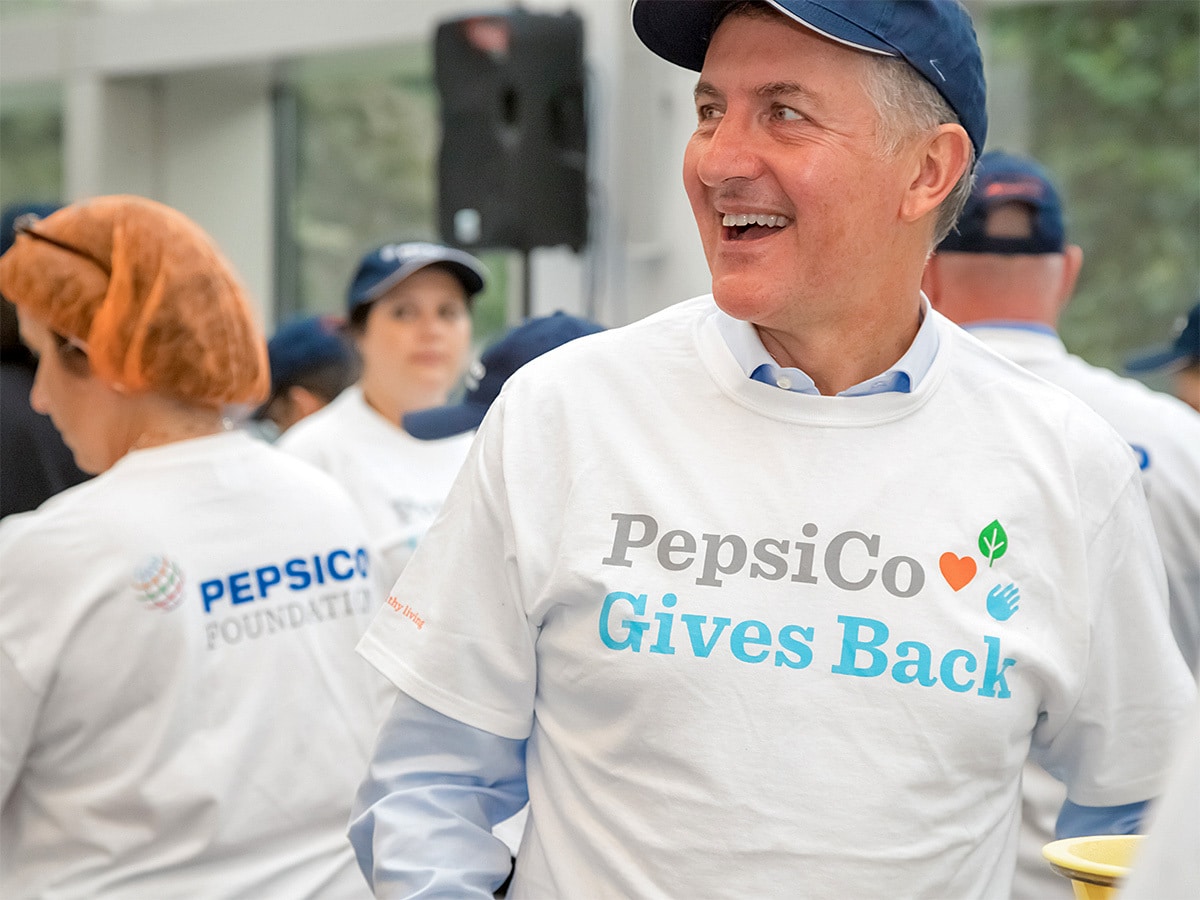The PepsiCo [PEP] share price opened 2021 at $147.01, before dropping to $128.83 at the close on 4 March. Pulling the share price down were fears that the re-opening of cafes, bowling alleys, cinemas, and other social spots (where PepsiCo's drinks are on offer) post-pandemic could be threatened by new COVID-19 variants around the globe.
There were also concerns about growing supply chain disruption as economies began to crank back into gear after the crisis and container and shipping costs rose.
However, the PepsiCo share price has recovered as successful vaccination campaigns have restored consumer and economic confidence. Entertainment and sports venues have re-opened, increasing demand for the company’s drinks. Meanwhile, the fact many are also maintaining some of their stay-at-home habits such as streaming movies and playing video games at home — drinks and snacks to hand — has also been a positive sign. PepsiCo also benefitted from strong second-quarter earnings in July.
PepsiCo share price outpaces peers
The PepsiCo share price has climbed 8.7% over the last 12 months compared with a 7.2% hike at Coca-Cola [KO] and 1.3% at Nestle [NESN]. In the same period, the S&P 500 has risen 27.7%.
PepsiCo has a 10.5% weighting in the iShares Evolved US Consumer Staples ETF [IECS] which has seen its price climb 9.8% over the last 12 months, and a 9.3% weighting in the Consumer Staples Select Sector SPDR ETF [XLP] which has risen 7.1% over the same period.
On 5 October, PepsiCo will be releasing its third-quarter earnings results — and investors will be looking to see if it can keep pace with its peers.
PepsiCo’s strong earnings track record
In the second quarter, PepsiCo revealed a 20.5% increase in net revenues to $19.2bn and operating profit of $3.13bn, up from $2.32bn in the same quarter last year. Its earnings were $1.72 per share.
Sales were driven by demand for Pepsi products in North America, Africa and the Middle East as cafes and entertainment spaces re-opened. Strong numbers in these areas were able to offset a 14% drop at its Quaker Foods North America arm, as people moved away from packaged meals at home.
This beat Wall Street forecasts of $17.94bn revenues, $2.85bn profit and $1.53 earnings. The company also announced plans to extend its cost-saving target to at least $1bn every year through to 2026.
“Given the strength of our results, we now expect our full-year organic revenue to increase 6% and core constant currency earnings per share to increase 11%” - Ramon Laguarta, chairman & CEO
“Given the strength of our results, we now expect our full-year organic revenue to increase 6% and core constant currency earnings per share to increase 11%,” Ramon Laguarta (pictured), chairman and CEO, said during its earnings release.
What does Wall Street expect for PepsiCo’s share price next?
Analysts expect PepsiCo to report third-quarter revenues of $19.3bn, up 6.8% year-on-year, and earnings per share of $1.73, up by 4.2%, according to The Motley Fool.
One area of key interest will be whether the Delta COVID-19 variant and rising cases have impacted demand. In addition, PepsiCo management’s views on whether it has been hit by supply chain bottlenecks, rising commodity and labour costs will also be notable.
During second-quarter earnings, the company hinted that it could hike prices after Labor Day (a typical annual strategy employed by the company), which could protect margins against rising costs.
$19.3billion
PepsiCo's estimated Q3 revenue - a 6.8% YoY rise
Analysts will also be interested to hear more about PepsiCo’s $1bn cost-cutting plan and the areas of the business that are to be impacted. The group has given little indication yet but reducing supply chain costs through increased digitalisation is one action that could be taken.
The company’s new “PepsiCo Positive” plan, which aims to achieve net-zero emissions by 2040, reduce plastic packaging and source new ingredients will also be analysed for any competitive opportunities — and cost risks — it brings.
Analysts seem bullish on the PepsiCo share price, with Deutsche Bank having a hold rating and upping its target price from $149 to $154, and Citigroup holding a buy rating and a $176 target price.
Morgan Stanley has an overweight rating and a $172 price, with analyst Dara Mohsenian expecting another earnings beat in the upcoming quarter, according to Invezz.
Disclaimer Past performance is not a reliable indicator of future results.
CMC Markets is an execution-only service provider. The material (whether or not it states any opinions) is for general information purposes only, and does not take into account your personal circumstances or objectives. Nothing in this material is (or should be considered to be) financial, investment or other advice on which reliance should be placed. No opinion given in the material constitutes a recommendation by CMC Markets or the author that any particular investment, security, transaction or investment strategy is suitable for any specific person.
The material has not been prepared in accordance with legal requirements designed to promote the independence of investment research. Although we are not specifically prevented from dealing before providing this material, we do not seek to take advantage of the material prior to its dissemination.
CMC Markets does not endorse or offer opinion on the trading strategies used by the author. Their trading strategies do not guarantee any return and CMC Markets shall not be held responsible for any loss that you may incur, either directly or indirectly, arising from any investment based on any information contained herein.
*Tax treatment depends on individual circumstances and can change or may differ in a jurisdiction other than the UK.
Continue reading for FREE
- Includes free newsletter updates, unsubscribe anytime. Privacy policy





